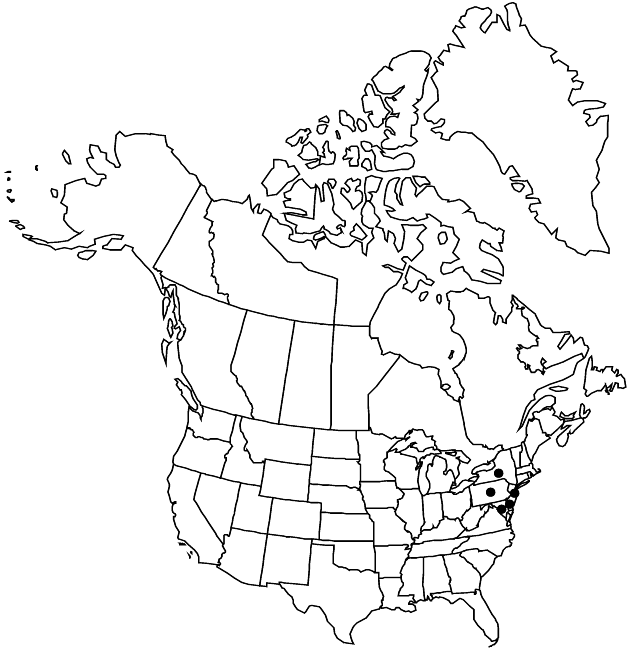Difference between revisions of "Bidens bidentoides"
Bull Torrey Bot. Club 20: 281. 1893.
FNA>Volume Importer |
FNA>Volume Importer |
||
| Line 59: | Line 59: | ||
|publication year=1893 | |publication year=1893 | ||
|special status= | |special status= | ||
| − | |source xml=https://jpend@bitbucket.org/aafc-mbb/fna-data-curation.git/src/ | + | |source xml=https://jpend@bitbucket.org/aafc-mbb/fna-data-curation.git/src/f50eec43f223ca0e34566be0b046453a0960e173/coarse_grained_fna_xml/V19-20-21/V21_526.xml |
|tribe=Asteraceae tribe Heliantheae | |tribe=Asteraceae tribe Heliantheae | ||
|subtribe=Asteraceae (tribe Heliantheae) subtribe Coreopsidinae | |subtribe=Asteraceae (tribe Heliantheae) subtribe Coreopsidinae | ||
Revision as of 21:38, 16 December 2019
Annuals, 10–90+ cm. Leaves: petioles 10–25 mm; blades lanceolate to lance-linear, 40–160 × 3–30+ mm, bases cuneate, margins entire or laciniate to serrate or denticulate, minutely, if at all, ciliate, apices acuminate to attenuate, faces glabrous. Heads usually borne singly, sometimes in open, ± corymbiform arrays. Peduncles 10–30(–60+) mm. Calyculi of 3–5 usually spreading, narrowly lanceolate to oblanceolate, sometimes foliaceous bractlets or bracts 10–30(–60) mm, margins entire, usually ciliate, abaxial faces usually glabrous. Involucres narrowly campanulate to cylindric, 9–16 × 5–8(–12) mm. Phyllaries 4–8+, ± oblong, 9–16 mm. Ray florets usually 0, sometimes 3–5+; laminae yellowish, 2–10 mm. Disc florets 6–20(–30+); corollas yellowish, 3–6 mm. Cypselae red-brown, flattened, sometimes weakly 4-angled, narrowly cuneate to linear, outer 6–10 mm, inner 8–13 mm, margins evenly antrorsely strigillose, apices truncate, faces smooth or ± striate, ± evenly antrorsely strigillose; pappi of 2(–4) erect to spreading, antrorsely barbed awns (2–)3–9 mm.
Phenology: Flowering Sep.
Habitat: Borders of streams, estuaries
Elevation: 0–10+ m
Distribution

Del., Md., N.J., N.Y., Pa.
Discussion
Selected References
None.